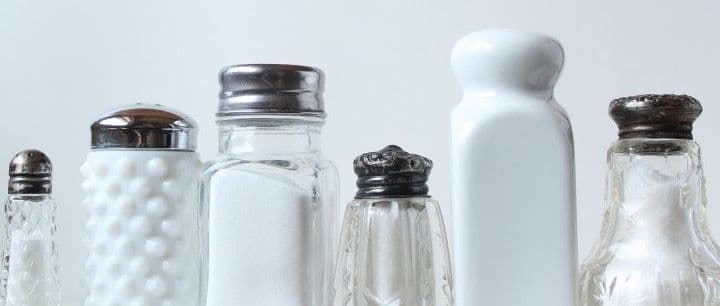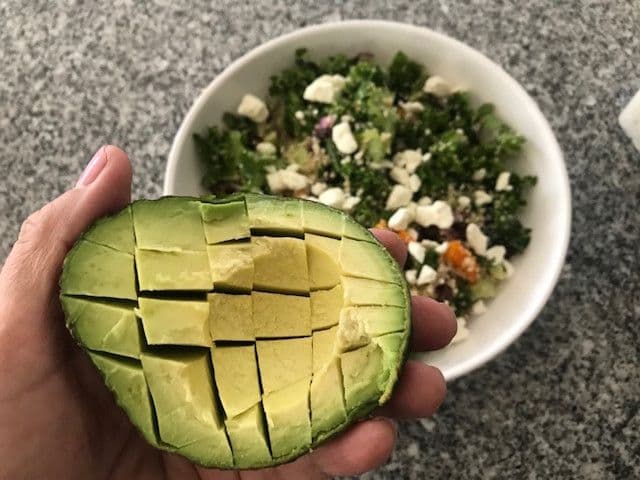Low Sodium Diets for Managing Pregnancy-Induced Hypertension
Hypertension
Obie Editorial Team

By Rachel Neifeld, RD, CDN
Gestational hypertension and sodium intake
When you are diagnosed with gestational hypertension, you may wonder if following a low sodium diet which is otherwise known to reduce blood pressure may be helpful. Interestingly, when it comes to gestational hypertension, following a low sodium diet does not reduce blood pressure. Gestational hypertension is caused in part by the placenta not being able to grow the usual network of blood vessels deep in the wall of the uterus which leads to poor blood flow in the placenta.
Because the reasons for high blood pressure during pregnancy are caused by physiological changes taking place in the body, dietary sodium intake does not play the same role as when you’re not pregnant. But don’t lose hope- a reduced-sodium diet can help prevent high blood pressure during pregnancy if you follow a low sodium diet before you become pregnant. Having any of the following risk factors prior to pregnancy increases your risk of developing gestation hypertension:
- Having heart disease or diabetes
- Being overweight
- Metabolic syndrome which is a term used for a set of risk factors including having any three of the following:
- Waist size larger than 35 inches (for women)
- High blood pressure
- High blood sugar
- High blood triglycerides (a type of fat)
- Low HDL (“good” cholesterol)
Are you at risk for preeclampsia? Take the test!
The benefits of a low sodium diet before pregnancy
Following a low sodium, heart-healthy diet before you become pregnant can help prevent or correct these health issues. The CDC recommends we limit sodium intake to 2,300 mg (about 1 teaspoon) of salt per day. One of the best ways to be sure you stay under the daily limit is to fill your plate with as many fruits and veggies as possible. The potassium in fruits and vegetables can help cancel out some of the negative effects that sodium has on cardiovascular health. Following a DASH (Dietary Approaches to Stop Hypertension) diet - a low sodium high potassium (from fruits and vegetables) diet has been proven effective in lowering blood pressure.
Another way to reduce your sodium intake is to use herbs such as parsley and cilantro, and spices such as pepper and chilies instead of salt to flavor foods. You can leave out the salt in many recipes (except in some baked good recipes when salt affects the quality) and replace it with herbs and spices which in addition have been found to possess nutritional benefits from their disease-fighting antioxidants. Try making flavorful dips with lemon juice, cilantro, and rosemary to replace condiments which can be especially high in sodium such as soy sauce, ketchup, mustard, relish and store-bought salad dressings and dips. Expand your spice cabinet and experiment with the different flavors- you can’t go wrong with adding a little healthy zest to increase your foods’ tastiness and decrease your blood pressure!
Tips for reducing sodium
If you are purchasing packaged foods, read the label! Food labels can be deceiving when they claim to be “reduced sodium” or “light in sodium,” as the original product may have been very high in sodium to begin with. A good rule of thumb is to avoid products with more than 200 mg of sodium (and don’t forget to check the serving size as it may be smaller than you expected). Processed meats such as bacon, hot dogs, sausage and ham are all higher in sodium- but since deli meats should be avoided during pregnancy due to pregnant women’s increased susceptibility to the dangerous toxin listeriosis, cold cuts shouldn’t be a problem! If you are heating your cold cuts until steaming hot (which kills the bacteria) you can choose brands that carry low-sodium options such as Boar’s Head brand.
Don’t wait to cut down on your sodium intake before it’s too late - being at a healthy weight and in a good state of health before pregnancy can reduce the risk of many pregnancy-related complications!
Read More










